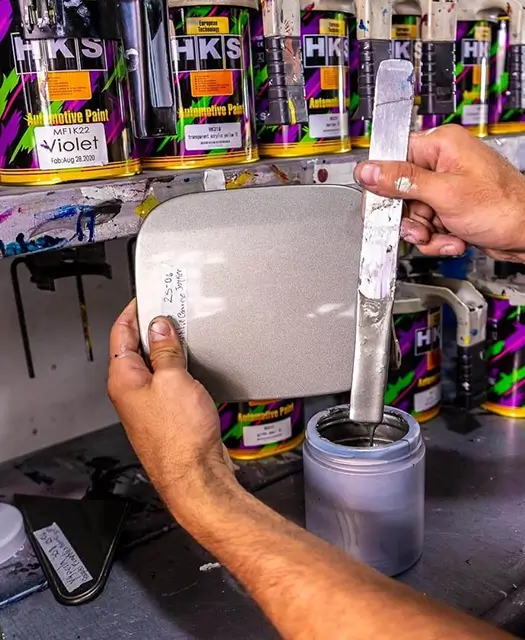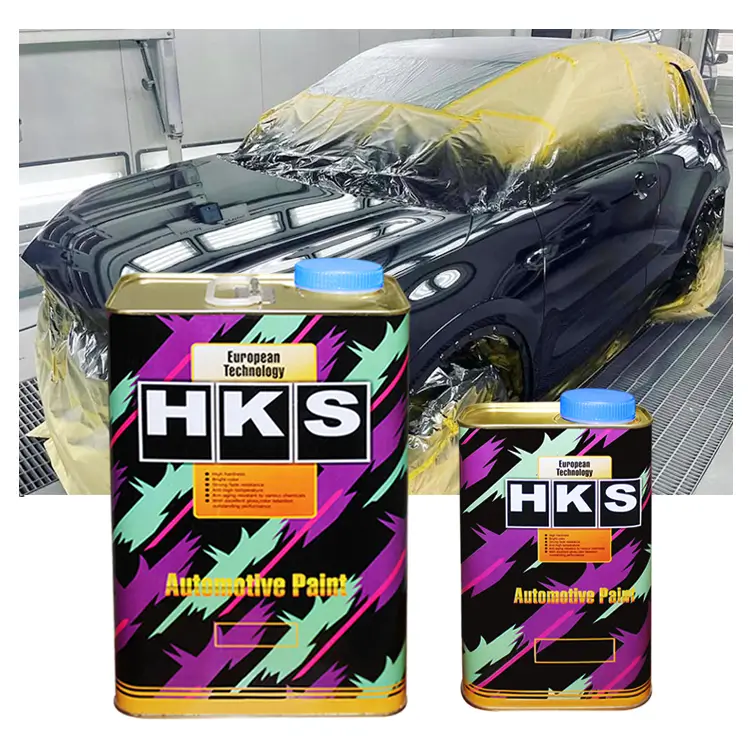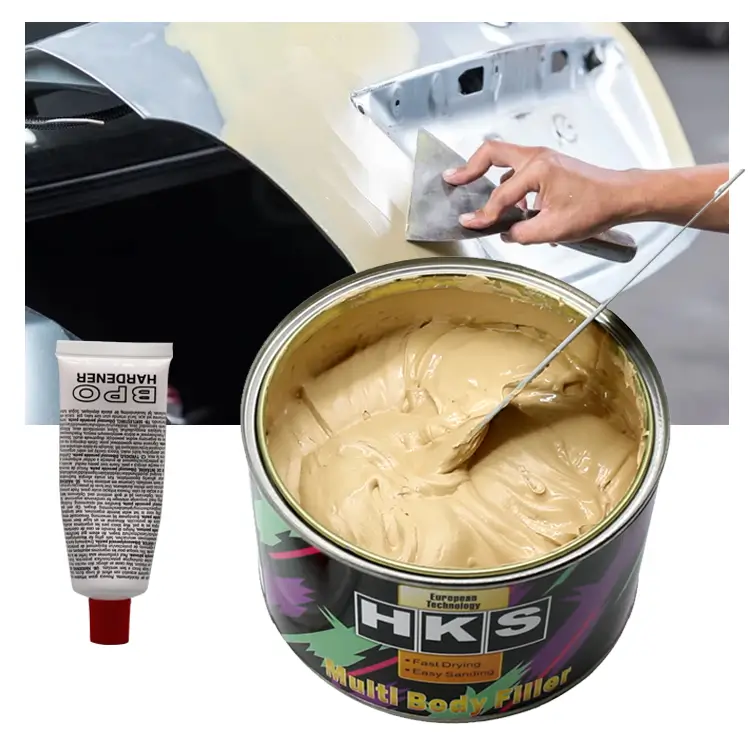Automotive Paint Thinner
In the automotive industry, the production of high-quality vehicles requires meticulous attention to detail, especially when it comes to the application of paint. Automotive paint thinner plays a crucial role in this process, serving as an indispensable component in achieving impeccable finishes. This article delves into the significance of automotive paint thinner and its vital role in the manufacturing of automobiles.
Definition and Composition
Automotive paint thinner, also known as paint solvent, is a chemical mixture formulated to dilute and dissolve paint. Comprising various solvents, such as acetone, toluene, and xylene, paint thinners effectively reduce the viscosity of auto paint, making it easier to apply and ensuring a smooth, even finish.
Key Functions
Viscosity Adjustment:
Automotive paint thinner is primarily employed to adjust the viscosity of paint, enabling manufacturers to achieve the desired consistency for application. This ensures that the paint adheres uniformly to the vehicle's surface, preventing drips and streaks.
Cleaning and Degreasing:
Apart from viscosity adjustment, automotive paint thinners serve as potent cleaning agents. They effectively remove grease, oil, and other contaminants from the vehicle's surface before the paint application, ensuring optimal adhesion and durability of the coating.
Tool and Equipment Cleaning:
Automotive paint thinner is also instrumental in cleaning painting tools and equipment. By dissolving paint residues, it helps maintain the longevity and efficiency of brushes, spray guns, and other painting apparatus.
Paint Compatibility:
Paint thinners play a vital role in ensuring the compatibility of different paint layers. They facilitate the blending of multiple paint coats, creating a seamless and aesthetically pleasing final finish.
Environmental Considerations:
While automotive paint thinners are indispensable in the manufacturing process, environmental considerations are paramount. Manufacturers must adhere to stringent regulations and implement eco-friendly practices to minimize the environmental impact of solvent-based products.
Purpose: Designed for applications requiring rapid drying times, HK720K is the go-to thinner for efficient and time-sensitive paint jobs.
Benefits: Accelerates the drying process, ensuring quick turnaround times without compromising on the quality of the finish. Ideal for high-volume production environments.
Purpose: Serving as the versatile workhorse in the SYBON thinner lineup, HK720B is formulated to meet the standard requirements of various paint applications.
Benefits: Strikes a balance between drying speed and viscosity adjustment, making it suitable for a wide range of automotive painting scenarios. Ensures consistent and reliable performance.
Purpose: Tailored for applications demanding extended drying times, HK720M is the preferred choice when a slower evaporation rate is desired.
Benefits: Allows for meticulous paint application, reducing the risk of streaks and imperfections. Ideal for intricate designs and custom detailing.
Conclusion
In the intricate world of automotive manufacturing, the significance of automotive paint thinner cannot be overstated. From adjusting paint viscosity to ensuring a clean and durable finish, paint thinners play a multifaceted role in achieving the desired aesthetic and protective qualities of automotive coatings. As the industry continues to evolve, manufacturers must strike a balance between efficiency and environmental responsibility, exploring innovative solutions that uphold both quality and sustainability in automotive paint applications.
Source of this article:https://www.supersybon.com
Get to know us through more channels:





